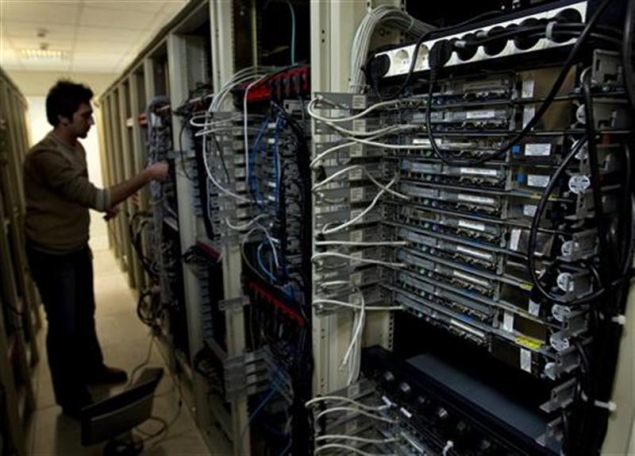
Supercomputers are helping tweak antioxidants to stave off age-related diseases such as cancer, diabetes, heart disease and Alzheimer's, shows a study.The research team, led by Leo Radom and Amir Karton from the Universities of Sydney and Western Australia, respectively, has used sophisticated quantum chemistry and supercomputers to design more powerful antioxidants.
Antioxidants work by scavenging free radicals and other oxidative species, preventing them from damaging the body's tissues and organs, the Journal of the American Chemical Society and Nature Chemistry reports.
"The supercomputer modelling allows us to probe deeply into the molecular structure and helps us to understand just why carnosine (found in meat, fish and eggs) is such an effective antioxidant. Armed with this understanding, we are then able to design even better antioxidants," said Radom, according to a Sydney and Western Australia statement.
The research team, working alongside Michael Davies, and David Pattison from the Heart Research Institute, investigated carnosine's effectiveness in scavenging the oxidant, hypochlorous acid.
Hypochlorous acid benefit the body when it is used as part of our immune system to fight off invading pathogens. However, in excessive levels it has been linked to the development of heart disease.
"While most people consume wine, berries and chocolate for an antioxidant boost, we turned on our computers! We were able to use supercomputers to improve the power of natural antioxidants and this may provide future benefit to the health industry," said Karton.
Antioxidants work by scavenging free radicals and other oxidative species, preventing them from damaging the body's tissues and organs, the Journal of the American Chemical Society and Nature Chemistry reports.
"The supercomputer modelling allows us to probe deeply into the molecular structure and helps us to understand just why carnosine (found in meat, fish and eggs) is such an effective antioxidant. Armed with this understanding, we are then able to design even better antioxidants," said Radom, according to a Sydney and Western Australia statement.
The research team, working alongside Michael Davies, and David Pattison from the Heart Research Institute, investigated carnosine's effectiveness in scavenging the oxidant, hypochlorous acid.
Hypochlorous acid benefit the body when it is used as part of our immune system to fight off invading pathogens. However, in excessive levels it has been linked to the development of heart disease.
"While most people consume wine, berries and chocolate for an antioxidant boost, we turned on our computers! We were able to use supercomputers to improve the power of natural antioxidants and this may provide future benefit to the health industry," said Karton.

No comments:
Post a Comment